The CMP Review — Week of July 24
July 24, 2023
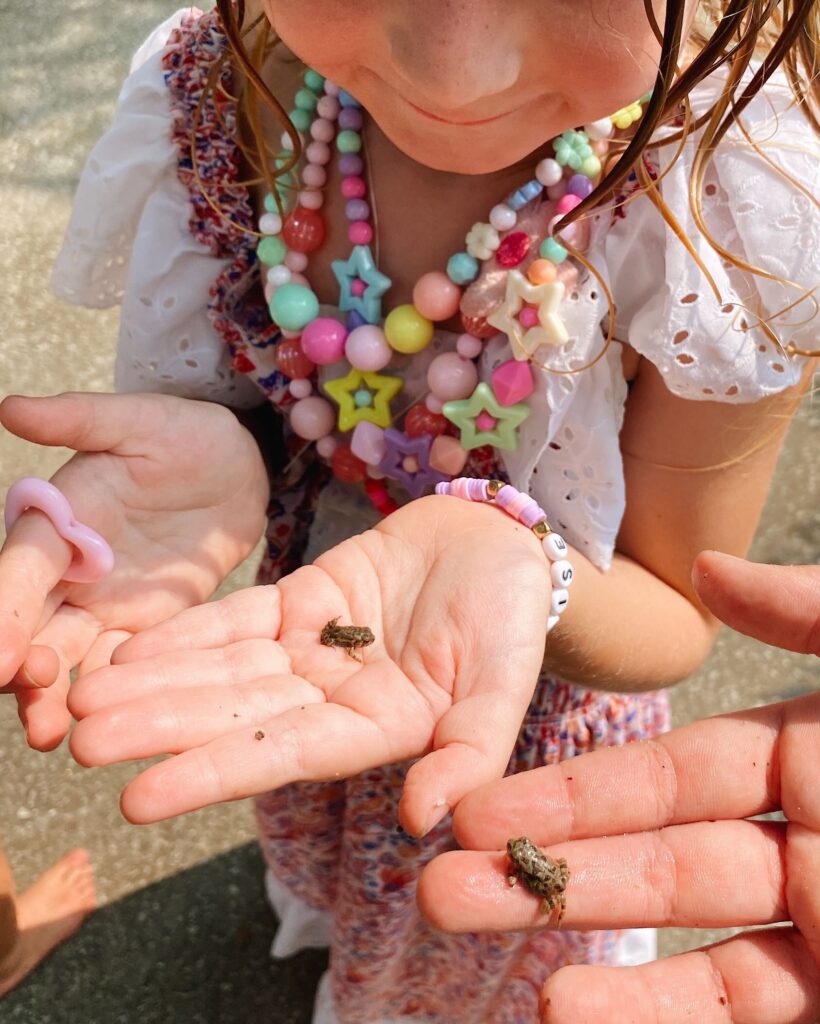
“Lest any mother should think on reading this paper, that it is safe to give children long hours of work, let us add a rule of the Parents’ Review School which should be the rule of every home school:
“‘Five of the thirteen waking hours should be at the disposal of the children; three, at least, of these, from two o’clock till five, for example, should be spent out-of-doors in all but very bad weather. Brisk work and ample leisure and freedom should be the rule of the Home School. The work not done in its own time must be left undone. Children should not be embarrassed with arrears, and they should have a due sense of the importance of time, and that there is no other time for the work not done in its own time.’” (Charlotte Mason, “The Home School,” PR3, p. 284)
@tessakeath
July 25, 2023
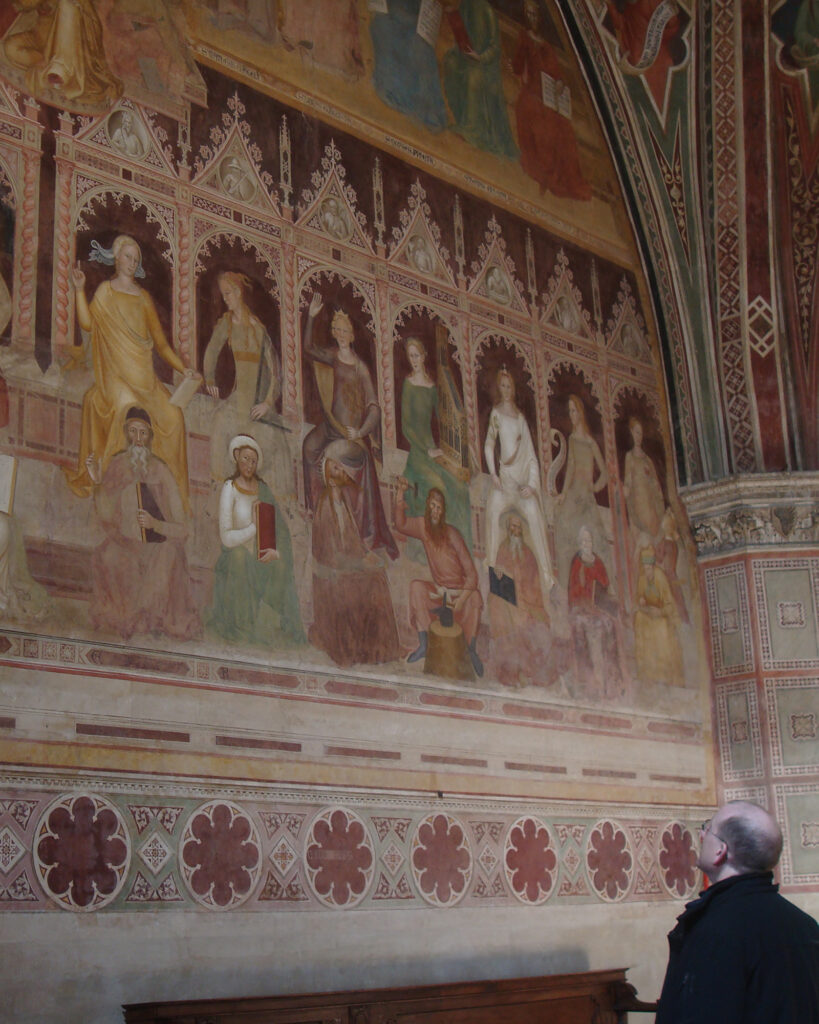
In 1917, the Times newspaper published a letter by Charlotte Mason in which she made four bold claims:
(a) That our people are capable of receiving a liberal education in a generous sense of the term.
(b) That no limitation of vocabulary or environment need be an obstacle.
(c) That the method and means of such an education give delight to the teachers, the children, and their parents, for, says Bacon, ‘Studies are for delight.’
(e) That such an education need cost no more than is spent at present.
The letter was republished in the Parents’ Review with the title “A Liberal Education for All.” From that time forward, this phrase became the slogan for Miss Mason and her movement.
But what did she mean by “a liberal education in a generous sense of the term”? What would this phrase have meant to readers in the early decades of the last century? What tradition, if any, was she evoking? And what implications does this have for how we teach our children today?
Listen to the fascinating story of a “liberal education” across the centuries, from Plato’s Republic to Florence’s fresco to Mason’s writings and beyond. You can find it here.
@artmiddlekauff
July 26, 2023
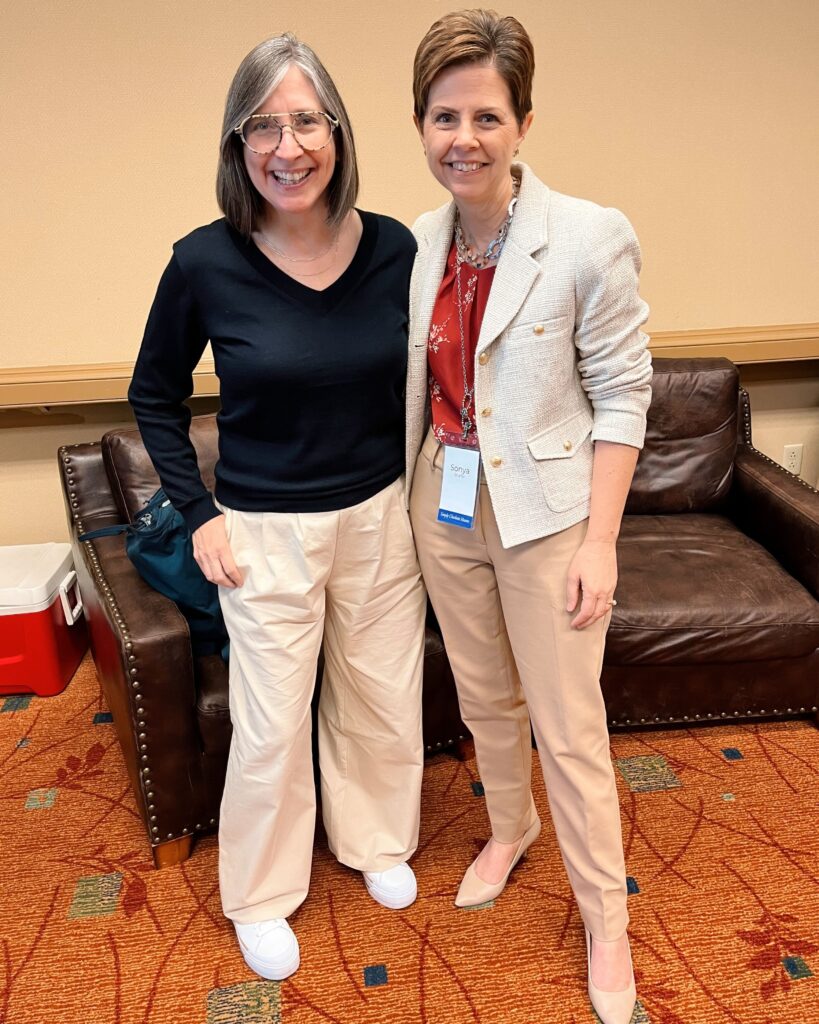
It’s always a joy to watch Sonya Shafer pour into people (and then make sure we narrate back to assimilate what we’ve learned).
We’re living in a rich time of CM resources. Do you have a favorite from Simply Charlotte Mason? Mine’s probably Shakespeare in Three Steps as I have the best memories of laughing and being surprised by the bard together with my boys.
@rbaburina
July 27, 2023
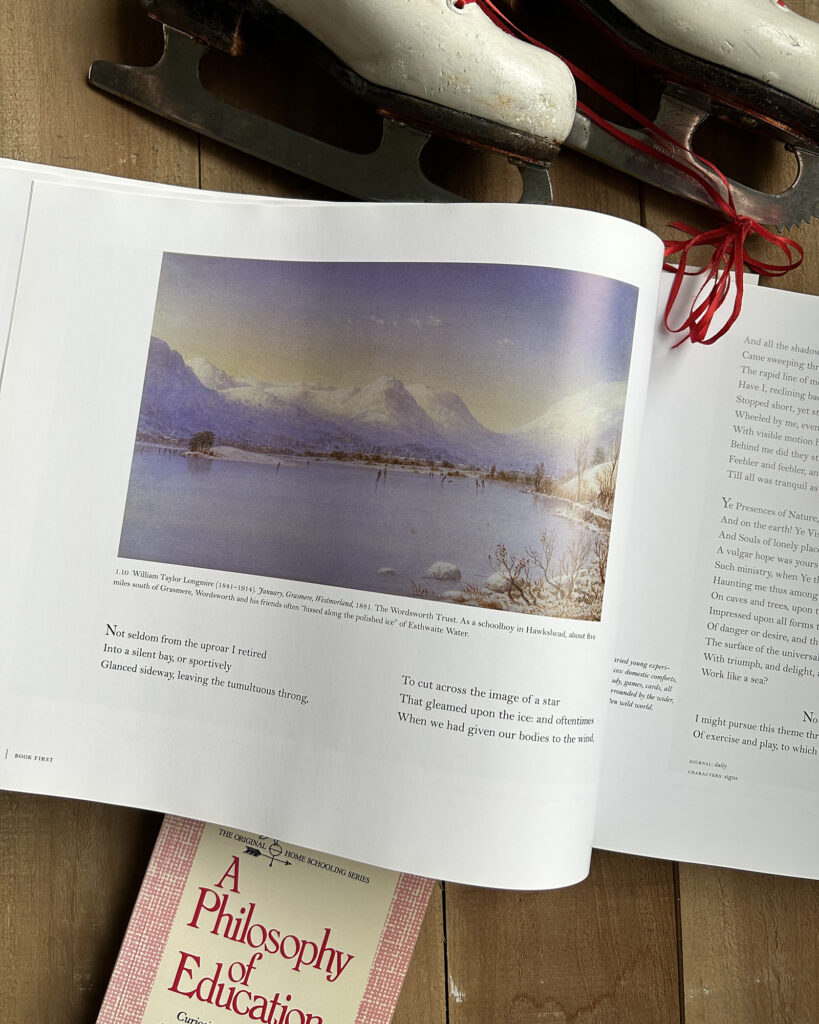
It has been said that William Wordsworth’s The Prelude is “one of the greatest long poems in English or in any language.” It is said even to rival Paradise Lost as “the most widely read long poem in English.” I personally am enjoying my own first careful read through this celebrated and monumental work.
The poet himself described The Prelude as “the long poem on my own education.” The early pages describe an education conducted not by parent or teacher but by nature. Whether floating on a lake in boats or gliding on a lake in skates, the poet recalls how his encounters with the outdoors gradually formed his heart and his soul.
Charlotte Mason did not read The Prelude as a critic or as a connoisseur. She read it as a seeker of truth. She fundamentally believed the insights it contained. This became clear to me when I read in context the words quoted in her own 12th principle. “Education is the Science of Relations” will forever be linked to the poet’s words about “those first-born affinities that fit our new existence to existing things.”
The epic poem did not receive its name until after Wordsworth’s death. One might think it was the “prelude to the poet’s life,” but it was not. It was the prelude to a grand philosophical work that Wordsworth imagined but never completed. It is a prelude without a postlude, a prelude without a philosophy.
Or perhaps it is a prelude to a philosophy after all. Not a prelude to another poem about education, but a prelude to an essay about education. An essay that shows us a science that brings first-born affinities to life.
@artmiddlekauff
July 28, 2023
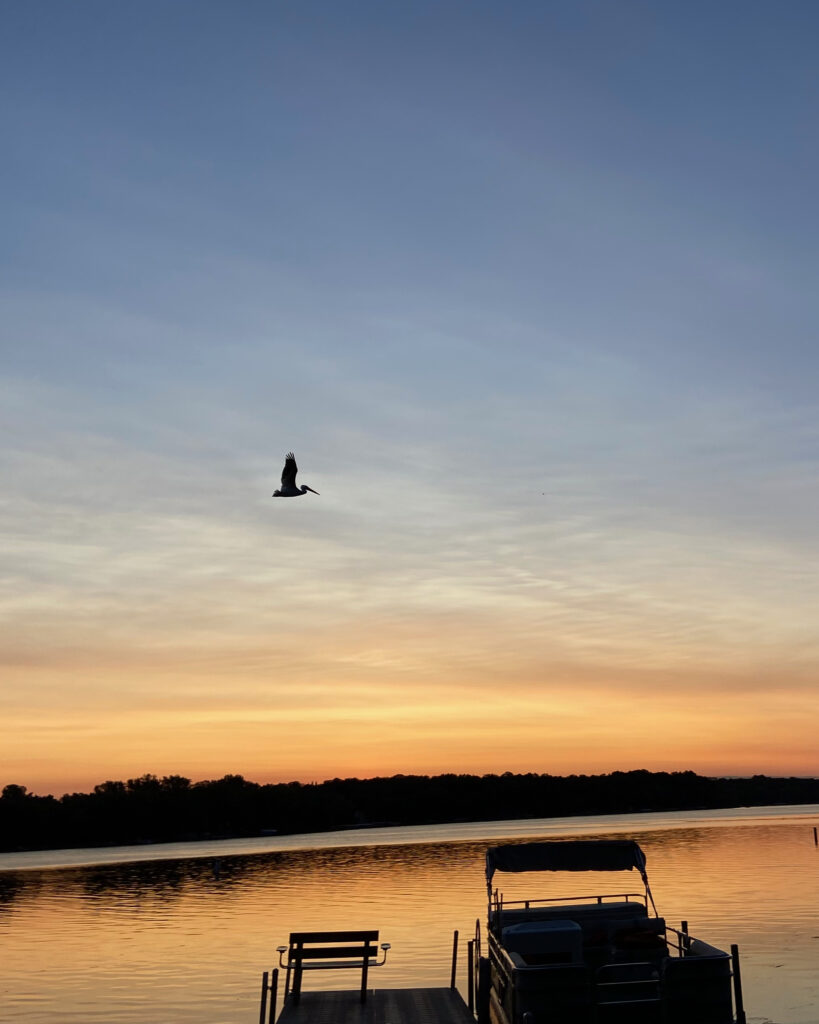
We do have pelicans in Manitoba where we live, but I’ve only seen one a handful of times over the 15 years we’ve lived here.
At the LER a few weeks ago, there were dozens and dozens of them. I especially enjoyed spotting them while watching the sun rise. They are such magnificent birds!
Do you see pelicans where you live?
@antonella.f.greco
July 29, 2023
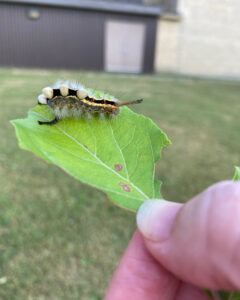
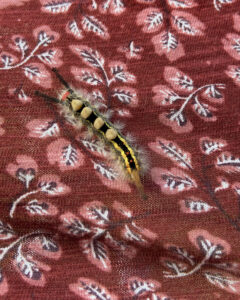
Do you know this little friend?
This is the first time we’ve ever seen this caterpillar. It is so interesting looking with its furry bumps on top and its feathery antennae and more. It has so much texture! (Though we were careful not to touch it!)
@antonella.f.greco
July 30, 2023

“When I ask the high school students at my church to name a celebrity,” writes Rebecca DeYoung, “they can instantly rattle off a list of twenty. When I ask them to say who their heroes are, their response is usually quiet silence with furrowed brows.”
DeYoung writes these words in the chapter on vainglory in her valuable book Glittering Vices. She continues:
After they think about it awhile, however, a few name their grandparents as the people they most admire. Their heroes are people whose names aren’t even known in the next town, much less nationwide. When we compare what the celebrities are well known for and what our heroes are admired for, we find a chasm between people whose glory far outstrips the value of the goods for which they receive it, and people whose worth far outstrips any glory they will ever receive.
And yet “we don’t have to be famous … to embrace the goal of being well known and well liked, publicly approved of and applauded.” Deep down inside we want to be celebrities, not heroes. Our glory we must show.
This craving to display our own glory is the subject of today’s poem by Charlotte Mason, and she contrasts this vainglory to the glory of our Lord. Read or listen here.
@artmiddlekauff